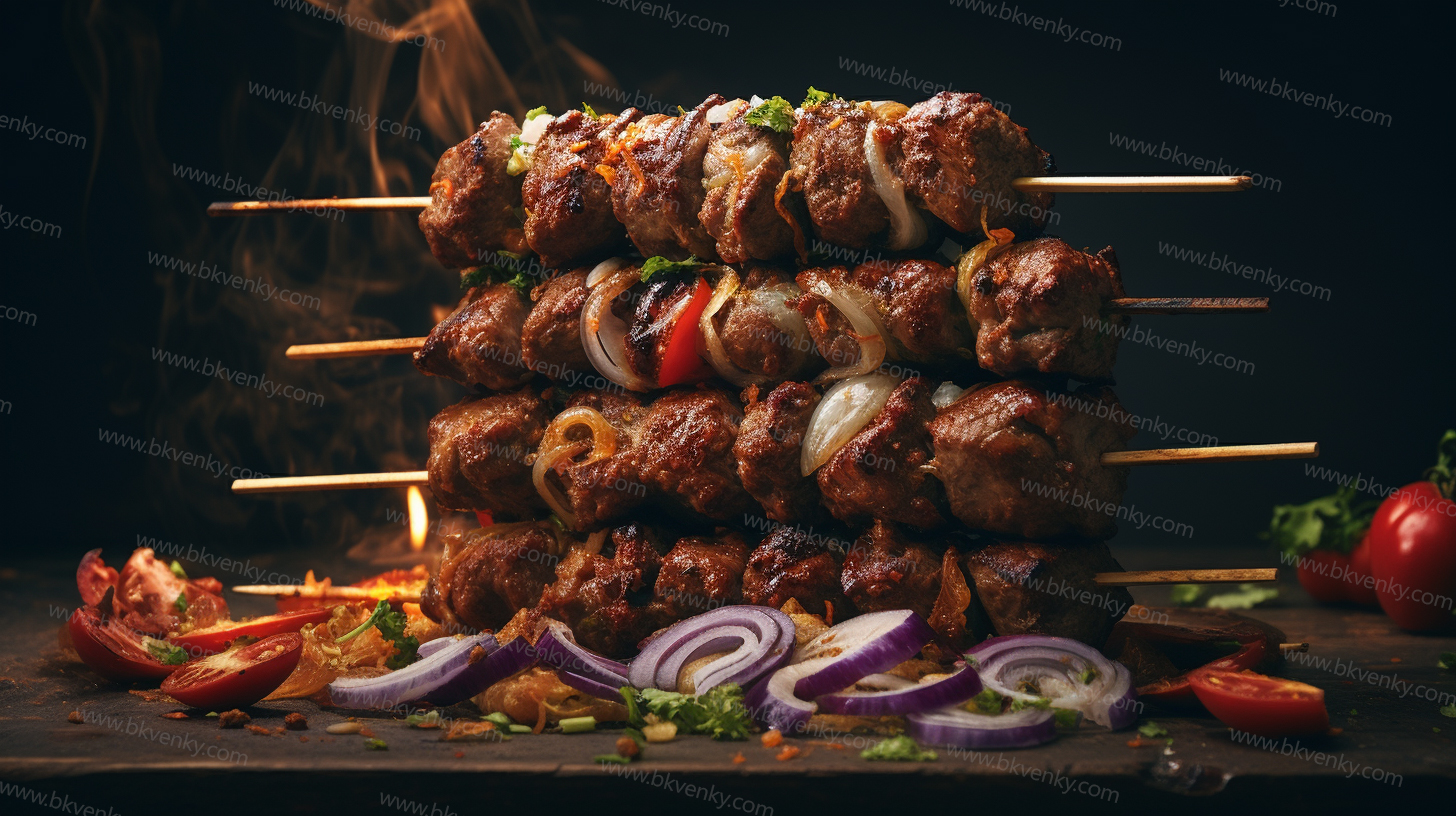Every year on July 12th, the world celebrates a culinary phenomenon that transcends borders and unites food lovers from all walks of life: World Kebab Day. This special day is dedicated to the kebab, a dish that not only tantalizes taste buds with its aromatic spices and sizzling meats but also tells a story of cultural exchange and culinary evolution.
The Ancient Origins of the Kebab
The origins of the kebab can be traced back to ancient times, specifically to the Persian soldiers who ingeniously used their swords to skewer meat and cook it over open flames. This primitive yet effective cooking method laid the groundwork for what would eventually become a global culinary sensation. As trade routes expanded and cultures met and mingled, the kebab adapted, incorporating the flavors and ingredients of each new region it encountered.
The Kebab's Renaissance in the Middle East
In the bustling bazaars of the Middle East, the kebab found its true calling. Skilled chefs in these vibrant markets perfected the art of grilling, using a variety of aromatic spices and fresh herbs to create mouthwatering masterpieces. The succulent pieces of meat, often accompanied by roasted vegetables and flatbreads, became symbols of hospitality and celebration. Families and friends would gather around the grill, sharing stories and laughter while savoring each juicy bite.
Mediterranean Variations: Souvlaki and Doner Kebab
The kebab's journey didn't stop in the Middle East. As it traveled westward, it made its mark on the Mediterranean. In Greece, it became known as souvlaki, a delightful dish served with tangy tzatziki sauce and warm pita bread. In Turkey, it evolved into the doner kebab, featuring marinated meat cooked on a vertical rotisserie, thinly sliced, and wrapped in soft bread. Each region added its own unique twist, enriching the kebab's legacy and highlighting its versatility as a culinary chameleon.
The Kebab's Indian Subcontinent Evolution
Crossing oceans, the kebab reached the Indian subcontinent, where it was embraced with fervor. Here, it took on new forms such as seekh kebabs and shami kebabs, infused with vibrant spices like cumin, coriander, and garam masala. The kebab became an integral part of Indian cuisine, featured in both grand feasts and humble street food stalls. Its adaptability to local spices and cooking methods showcased the kebab's incredible capacity to integrate into diverse culinary traditions.
Today, World Kebab Day is more than just a celebration of a dish; it is a celebration of diversity and unity. It is a day when people from all corners of the globe come together to honor a food that has crossed boundaries and bridged cultures. Whether enjoyed in a fine dining restaurant or from a food truck on a busy street, the kebab represents a shared love for good food and good company.
As we fire up our grills and gather our ingredients, we pay homage to the rich history and vibrant flavors of the kebab. We celebrate the creativity and ingenuity of the chefs who have transformed a simple skewer of meat into a global icon. And most importantly, we celebrate the joy of coming together, of breaking bread, and sharing a meal in a world that sometimes seems divided.
So, on this World Kebab Day, let us raise our skewers high and toast to the kebab – a dish as diverse and dynamic as the people who savor it. Let the sizzle of the grill be our symphony, and the taste of the kebab our universal language. Happy World Kebab Day!



Comments
Post a Comment